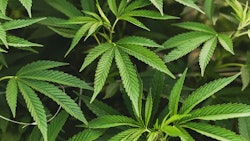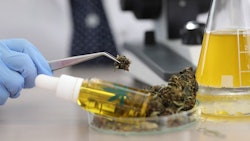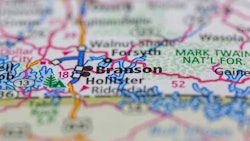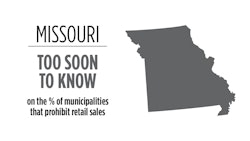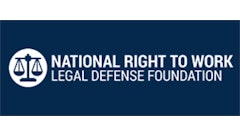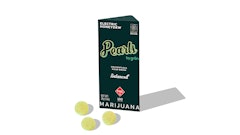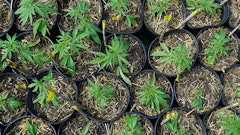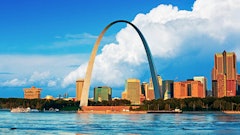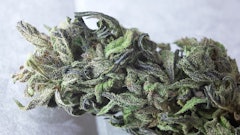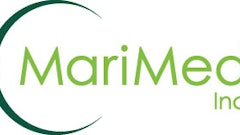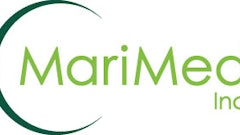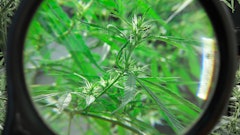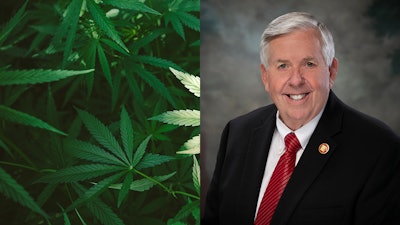
Missouri Gov. Mike Parson and Secretary of State Jay Ashcroft didn’t exactly resolve their feud over products with intoxicating cannabinoids, but that’s not stopping a state agency from carrying out the governor’s plan to ban these products.
The Missouri Department of Health and Senior Services (DHSS) announced Aug. 29 that it will take steps to embargo and condemn products containing traceable amounts of intoxicating cannabinoids—such as hemp-derived delta-8 THC—that are sold outside the state’s licensed cannabis market starting Sept. 1.
Even food/edible products containing less than 0.3% THC, the federal threshold that legally defines hemp, will also be prohibited, according to the DHSS.
“We have seen the negative impacts of unregulated psychoactive cannabis products firsthand,” DHSS Director Paula F. Nickelson said Thursday in a press release. “Numerous Missourians have been adversely affected by consuming foods laced with these products. Disturbingly, children in Missouri and across the nation have been hospitalized after ingesting these substances, and this is unacceptable.”
This crackdown on unregulated cannabis products stems from Parson’s Aug. 1 executive order to prohibit the sale of edible products containing intoxicating derivatives unless they originate from an “approved source.” The governor’s order directs the DHSS and other state agencies to implement the appropriate actions to carry out his plan.
The DHSS listed more than a dozen compounds from the cannabis sativa L. plant (both cannabis and hemp) that would be included in the governor’s ban.
Parson’s order also aims to authorize the Missouri Division of Alcohol and Tobacco Control (ATC) to take disciplinary action against any licensed liquor establishment selling intoxicating hemp or cannabis products as an enforcement mechanism.
However, the governor’s plan received pushback from his state secretary, Ashcroft, who twice rejected emergency rules the ATC submitted to the state’s Department of Public Safety. By Ashcroft refusing to sign off on the emergency rules, the ATC may only submit proposed rules that now must go through a formal rulemaking process that could delay the governor’s order by at least six months.
Parson, who isn’t seeking reelection this November, took aim at Ashcroft for his refusal to sign off on the emergency rules, accusing Ashcroft in an Aug. 22 letter of holding a political grudge because Parson did not endorse him in the GOP gubernatorial primary earlier this year (he endorsed Lt. Gov. Mike Kehoe, who won the Republican nomination).
“As best I can tell, you denied this emergency rulemaking because you believe hurt feelings are more important than protecting children,” Parson wrote.
The governor claimed Missouri experienced a 600% increase in the number of children 5 years or younger with “cannabis poisoning” that resulted in emergency room visits or hospitalizations since 2018, the year the U.S. Farm Bill federally legalized hemp. Parson did not provide a source for his claim.
According to the DHSS, the number of Missouri children 5 years or younger who sought treatment in a hospital or emergency room setting due to cannabis poisoning rose from 21 cases in 2018 to 98 cases in 2023.
While Ashcroft blocked the ATC’s emergency rule, his rejection has no impact on the Sept. 1 effective date for the DHSS to begin enforcing the ban on food products containing intoxicating cannabinoids.
The DHSS already regulates food products, and department officials will prioritize their future intoxicating-cannabinoid food inspections based on complaints they receive, according to the Aug. 29 release.
The DHSS already established an online form for anyone to report when they see these products being sold outside Missouri’s licensed cannabis market.










